How Kenyans Are Securing U.S. Green Cards in 2025: Top Pathways Explained
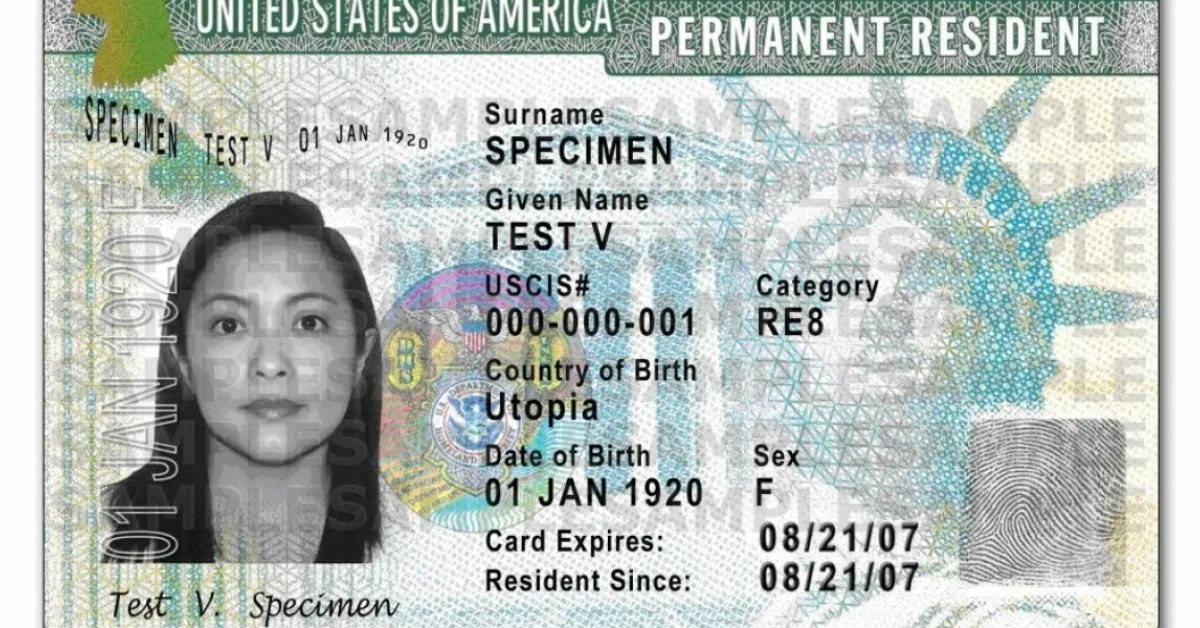
As the dream of living permanently in the United States continues to attract many Kenyans, several key routes stand out for how Kenyan nationals are obtaining U.S. green cards (lawful permanent residency) in 2025. From the much-talked-about Diversity Visa lottery to employment and family-based sponsorship, these pathways reflect both aspiration and strategy.
1. Diversity Visa (DV) Lottery
The Diversity Visa (DV) Lottery, commonly known as the “Green Card Lottery,” remains one of the most popular routes for Kenyans. In 2025, more than 4,400 Kenyans were selected in the DV-2025 program, placing Kenya among the top nations globally.
The DV program grants up to 55,000 visas annually to individuals from countries with historically low immigration rates to the U.S.
Selected applicants must meet certain education or work experience requirements — typically a high school diploma or at least two years of qualifying work experience.
Winning the lottery, however, does not guarantee a green card. Winners must complete a rigorous application process — including submitting Form DS-260, providing personal and professional documentation, and attending an interview at the U.S. Embassy in Nairobi.
Only those whose cases are approved and processed before the annual visa cap are ultimately granted permanent residency.
Beginning with the DV-2026 registration cycle, the U.S. State Department introduced a $1 application fee to register for the lottery. Previously, the application was free; now, the fee helps offset administrative costs.
2. Family-Based Sponsorship
According to data from the Migration Policy Institute, the largest share of Kenyan-born individuals who became U.S. permanent residents did so through family sponsorship.
Under family-based immigration, U.S. citizens and green card holders can sponsor close relatives. For Kenyans, common family-sponsored categories include:
Immediate relatives (e.g., spouses of U.S. citizens, unmarried children under 21)
Other family preferences, such as siblings (if the sponsor is a U.S. citizen) or adult children
The sponsoring U.S. citizen or resident must typically file a petition (Form I-130) and demonstrate financial ability to support the immigrant.
3. Employment-Based Green Cards
Employment-based immigration is another major avenue — especially for skilled Kenyan professionals. While not as widely cited in media reports focused on Kenya, this path is well established.
Some of the common employer-sponsored categories include:
EB-2: For professionals with advanced degrees or exceptional ability. In certain cases, Kenyans may apply under a National Interest Waiver (NIW), which allows self-petitioning without a job offer, if their work benefits U.S. national interests.
EB-3: For skilled workers and professionals.
EB-5: For high-net-worth individuals who invest in a U.S. business and create jobs. The minimum required investment is typically $800,000–$1,050,000, depending on location, and the investment must support the creation or retention of at least 10 jobs.
4. Refugee or Asylee Status
Though less common in the public discourse about Kenyan immigrants, refugee or asylum-based green cards are also available to eligible individuals. Once someone is granted asylum or refugee status in the U.S., they may apply for permanent residency (a green card) after one year.
5. Other Less Common Paths
Special Immigrant Categories: These include religious workers, translators, or individuals coming through certain government- or treaty-based programs.
Investor Visas beyond EB-5: Some Kenyans may explore other investment-based visas, depending on their financial resources and business plans.
Why These Paths Matter for Kenyans
Economic Push Factors: Kenya’s economic challenges, including high youth unemployment, are driving many to consider the U.S. as a destination for stability and opportunity.
Educational & Professional Capital: A significant proportion of Kenyans applying through employment-based categories hold bachelor’s or advanced degrees, especially in critical industries like healthcare, education, and research.
Risk and Uncertainty: For lottery winners, even after selection, there’s no guarantee — quotas, processing delays, or missing documentation can derail a case.
Changing Costs: The newly introduced DV lottery fee ($1) is modest but reflects a shift in how the process is funded.
Conclusion
As of 2025, the Diversity Visa Lottery remains the most visible and aspirational route for many Kenyans seeking U.S. permanent residency. Yet, a large number also gain green cards through family relationships and employment-based sponsorship, underlining that legal migration to the U.S. is not monolithic — it’s a mix of chance, professional ambition, and familial connections.
For Kenyans considering the green card journey, understanding these paths — their requirements, costs, and challenges — is crucial to making informed decisions.

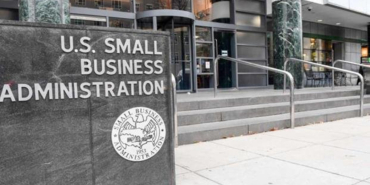
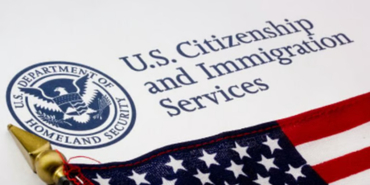
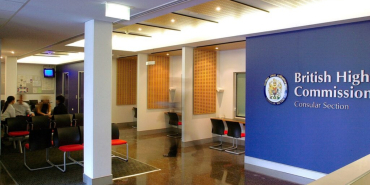
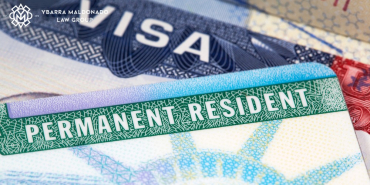

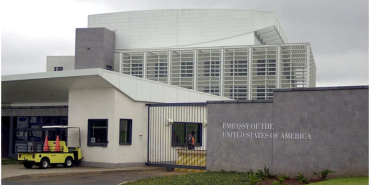

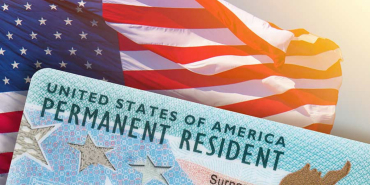





Add new comment